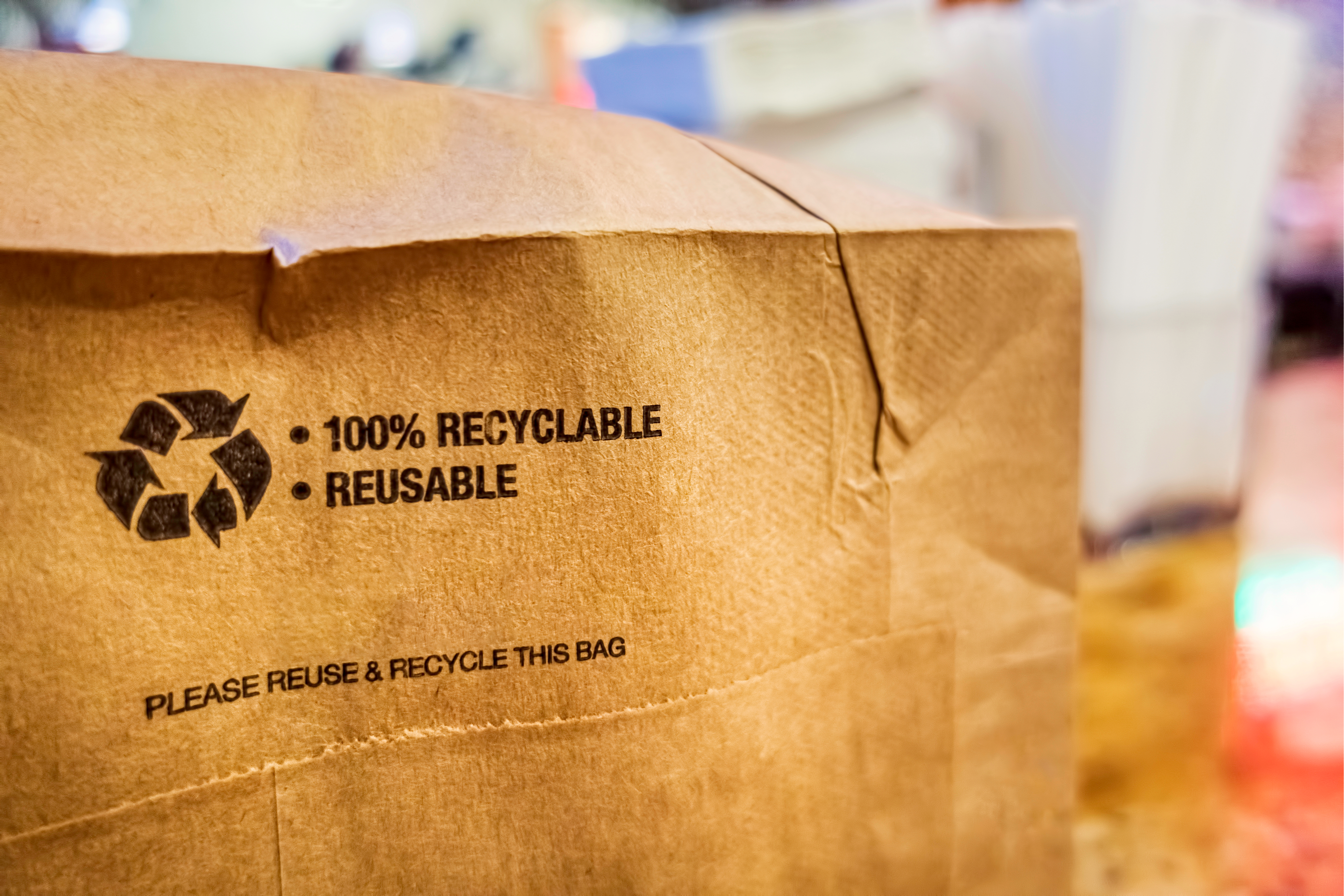AR: Is being green just the latest trend for businesses?

In our latest blog, ICAS Lecturer Hannah Davis CA, explores whether being ‘green’ is just the latest trend for businesses and whether they are genuinely sustainable.
Green branding
In Business Acumen (BA) we talk about sustainable branding and specifically what it means to be a ‘green’ brand. A brand is thought to be ‘green’ when it is constituted by environmental values.
When it comes to positioning your brand there are two methods, functional and emotive.
Functional positioning appeals to the rational mind by providing information on specific benefits such as using less plastic than competitor brands. Emotional positioning of a brand is relaying benefits based on emotional needs such as a customer’s sense of satisfaction.
Functional attributes alone are not always sufficient in persuading consumers and using a mixture of emotional and functional attributes is usually the best option. For this reason, a brand should consider its entire business operations and actions to succeed as a green brand. By thinking green, an entity may be able to reduce waste, expenses, introduce sustainable business processes and meet its Corporate Social Responsibilities (CSR).

There are many reasons why a company may want to appear to be sustainable, other than simply to appeal to consumer preferences. Investors also consider the sustainability of companies. In this context, sustainability could mean environmental sustainability or how sustainable the company is in general. Corporate governance is discussed further in Assurance and Reporting (AR), but essentially it encompasses how a company is run from the top down.
Greenwashing
There are some great examples of green businesses, but also of brands that pretend to be green by ‘sticking a label on it’ and branding themselves as sustainable. This is what is referred to as ‘greenwashing’. Greenwashing is often seen as unethical, as the company is marketing its products or services as green when in fact, they are not.
The marketing strategy of a company can be a powerful tool to promote its products – if the company is profit orientated then this becomes its primary focus. Greenwashing, as we have mentioned, is there to make a business or its products/services more appealing to various parties, but are these stakeholders effectively being lied to?
With the continuous growth of vegetarianism and veganism, reducing our carbon footprint, moving away from single use plastic and the scrutiny of fast fashion, companies will go to great lengths to make their product the next best thing. Greenwashing can help a business achieve this.
Take water bottles as an example. Initially they were single use, then reusable plastic bottles were introduced and now we have metal and glass alternatives.

Many early plastic bottles contained the compound BPA1 but if you look at water bottles on supermarket shelves now, you will see stickers saying, “BPA free”. BPA can have adverse effects on humans and other species so companies started to remove the compound and began advertising their products as safer. This meant everyone who had previously purchased a reusable BPA plastic bottle now felt the need to purchase a new BPA-free version.
The company’s sales increased but people were potentially not aware that BPA actually still exists in many plastic lined cans, such as canned sweetcorn. Cans are still allowed to be lined with plastic containing BPA because the level of BPA required to cause noticeable effects is significantly more than you will receive from any can or bottle.
It could be argued that it was correct to replace the plastic used to produce water bottles, both reusable and single use, but was it correct for the company to use this change as a marketing strategy?
Now, instead of our re-usable BPA-free plastic we see metal and glass replacements of these products. A significant number of people now own at least one metal or glass water bottle, while retaining their old plastic bottle. As consumers, we become victim to trends, adhering to society’s next attempt at saving the environment. The best thing for us all to be green might be to continue to use our original item until it was no longer fit for use.
Key signs
Greenwashing is out there and knowing some key signs of greenwashing helps us identify such products.
Things to look out for include lack of transparency and support to claims that the entity makes. Professional scepticism will be key in all aspects of our roles as CAs.
